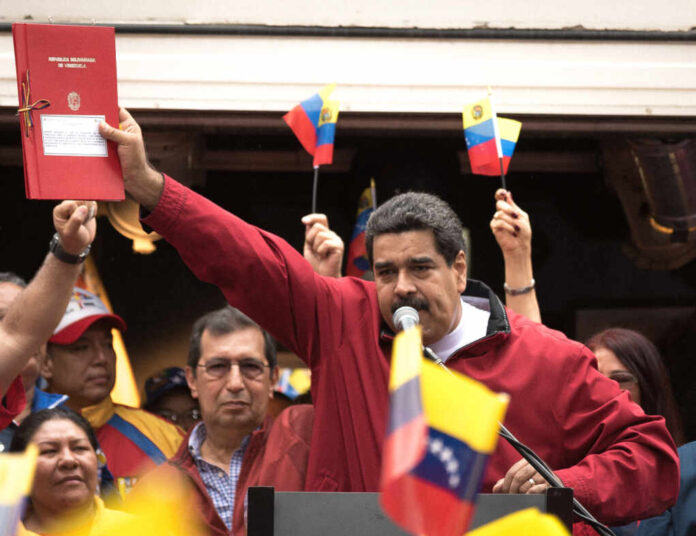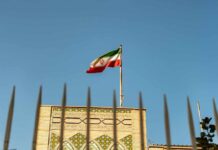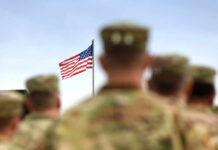
A series of military strikes by the U.S. in Venezuela raises tensions and questions about broader geopolitical motives.
Story Highlights
- The U.S. has initiated military strikes against Venezuelan boats, alleging drug cartel operations.
- President Trump’s administration cites counternarcotics and counterterrorism as primary objectives.
- Strikes have resulted in significant casualties and heightened regional tensions.
- Analysts suggest the true aim may be to pressure or destabilize the Maduro government.
U.S. Military Action in the Caribbean
In September 2025, the United States, led by President Donald Trump, launched a series of military strikes targeting Venezuelan boats in the southern Caribbean. These vessels were alleged to be operated by drug cartels, transporting narcotics. The U.S. government justified these actions as part of a counternarcotics and counterterrorism mission. However, the magnitude of the deployment, which includes three warships and approximately 4,000 personnel, has led analysts to question whether the true intention is to apply pressure on Venezuelan President Nicolás Maduro’s regime.
These actions mark the first publicly acknowledged U.S. airstrikes in Central or South America since the 1989 Panama invasion. The deployment of advanced military assets, such as F-35 fighters to Puerto Rico, further suggests a potential for escalation. U.S. Secretary of State Marco Rubio confirmed the strikes and threatened further actions if deemed necessary. This military buildup and subsequent strikes have increased U.S.–Venezuela tensions and prompted concerns from neighboring countries about regional stability.
Watch: US Preps Strikes Inside Venezuela
Historical Context of U.S.–Venezuela Relations
U.S.–Venezuela relations have been strained for decades, exacerbated by the leadership of Hugo Chávez and his successor Nicolás Maduro. Both leaders have been openly critical of U.S. influence in Latin America. The U.S. has frequently accused the Venezuelan government of corruption, human rights abuses, and drug trafficking. Under President Trump’s administration, the focus on Venezuelan-linked drug cartels intensified, with these organizations being designated as terrorist groups. This backdrop of political and military tension sets the stage for the recent U.S. military actions in the region.
The Caribbean Sea, a major transit route for narcotics bound for the U.S., has seen an unprecedented U.S. military presence in recent decades. This has raised concerns about potential escalation and the broader geopolitical objectives of the United States. Some analysts argue that using counternarcotics as a justification is a pretext for pursuing broader strategic goals, potentially including regime change in Venezuela.
USA PREPS MILITARY STRIKES IN VENEZUELA-🚨Alert: Drone strikes against Venezuela Coming! According to an NBC News exclusive, the US is preparing options for military strikes against Venezuelan drug trafficking targets, with plans centered on drone strik…https://t.co/pg0xoAqD6v
— Citizen Watch Report (@Citizenwatchrep) September 27, 2025
Implications and Reactions
The short-term implications of the U.S. strikes include heightened tensions between the U.S. and Venezuela and increased regional unease. There is a risk of military escalation and potential retaliatory actions by Venezuela or allied groups. In the long term, these actions could destabilize the Maduro regime and set a precedent for U.S. military action in Latin America, challenging international norms regarding sovereignty and the use of force. Venezuelan President Nicolás Maduro has condemned the strikes as “heinous crimes” and accused the U.S. of seeking war.
Domestic political ramifications in the U.S. include bolstering President Trump’s tough-on-crime narrative. The absence of publicly released evidence linking those targeted to cartel activities has further fueled concerns about the justification and impact of these military actions.
Sources:
WLRN (U.S. military buildup in Caribbean)
Wikipedia (2025 United States strikes on Venezuelan boats)

























